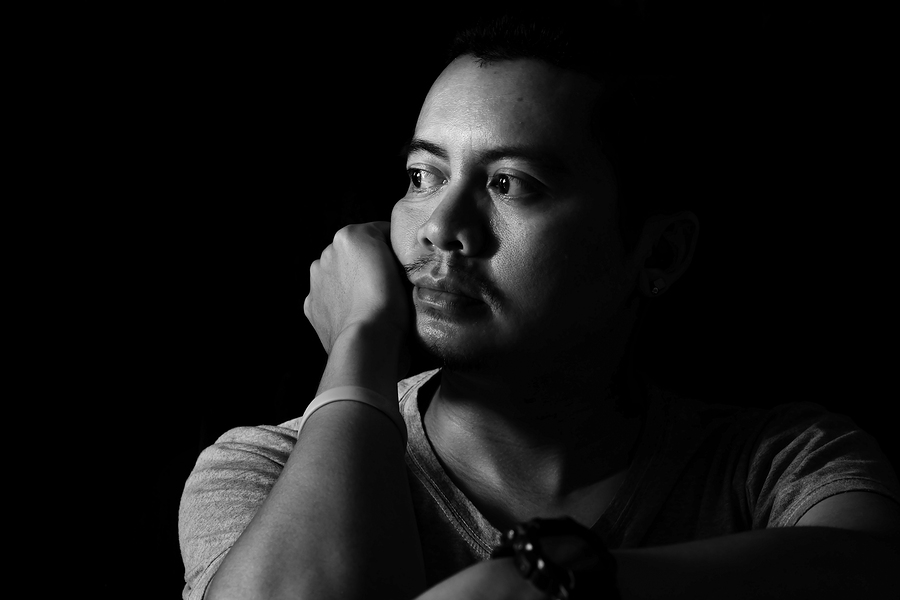
Alcoholism is a serious disease that affects millions of people from all walks of life. The dangers of alcohol addiction are many, and when a person is dependent on alcohol, they often find that many aspects of their life have been destroyed or damaged by this condition.Because of the fact that alcohol use is so common, it can be somewhat difficult to surmise whether a loved one is in fact suffering from alcoholism. Here are a few signs and indications that a person is indeed struggling with alcoholism.
Mood Swings
Like many drugs, the use and withdrawal from alcohol can trigger serious changes in a person’s mood. If your loved one is suddenly displaying signs of a temper, or exhibiting signs of severe sadness without explanation, this could be attributed to alcohol. Alcoholism and depression are often correlated in a number of ways.
Many people who suffer from depression may be at a higher risk for drinking heavily, and those who are addicted to alcohol are at a higher risk for being depressed. Severe drinking takes a major toll on the functioning of the brain and, in addition to impacting things like short term memory and cognitive skills, heavy drinking lowers serotonin levels and makes it much more difficult for the brain to maintain healthy and balanced levels of happiness and stability.
Blacking Out
If a person regularly drinks to the point that they black out, this is a strong indicator that they are frequently binge drinking and may very well have a problem with alcohol. Blacking out happens when a person consumes much more than what is a safe or moderate amount of alcohol.
Sometimes, a person who knows that they have a problem may not be vocal about the fact that they have blacked out. They may, however, frequently be confused about conversations they do not remember happening or repeat information multiple times to the same person.
Inability to Stop Drinking
One of the biggest things that separates moderate drinking from addictive drinking is the ability to stop drinking. A person who is addicted to alcohol may often continue to drink when those around them have stopped drinking, or may leave a situation to go find and consume more alcohol after a party or event has ended. An alcoholic will consider drinking even if they are already very intoxicated, and generally once they start to drink, will continue to consume alcohol as long as they can.
Defensive Behavior Around Drinking
When a person is addicted to any drug, they are often in denial to themselves and those around them about the severity of their problem. One reason for this is that once a person has become addicted to a substance, their brain becomes hardwired so that they are completely fixated on finding and continuing to use this substance. Denial is one mechanism that the brain uses to attempt to continue to drink. For this reason, many people who are in fact struggling with alcoholism will become angry when confronted about their drinking.
Lying About the Amount of Alcohol Consumed
Another form of denial includes deceiving one’s self and those around them about the amount of alcohol they are consuming. People who are suffering from alcoholism may claim that they have not had anything to drink at all or make false statements about the amount of alcohol they have consumed.
Alcoholics may also lie about things related to their drinking, like where they spend their time and money and whose company they are keeping. Holes in logic or inconsistent stories are very common among those struggling with alcoholism.